Badfan V Superman 6: Game Of Tones

SpecFaith staff explorers E. Stephen Burnett and Austin Gunderson share their month-long conversation about Man of Steel and how the film flies over many critics’ heads.
See part 1, part 2, part 3, part 4, part 5, or read the the whole Badfan v Superman series so far.
E. Stephen Burnett: Given: Superman kills General Zod in Superman II, by calmly de-powering the villain in private, feigning to surrender, then crushing his hand and tossing him off an ice cliff;
Given: Superman also kills Zod in Man of Steel, by barely strong-arming the villain in public, wrestling to keep him from killing innocent people, then snapping his neck;
Then: Why do people complain about the Man of Steel death and not the Superman II death?
Austin Gunderson: … My only explanation is that people must be pretending the film never existed. Because otherwise their outrage over Supes’ supposed alteration at the bloody hands of Zack Snyder makes absolutely zero sense.
Stephen: It turns out I’m more familiar with Superman II (both versions), so I’ll take a chance to answer my own question from before. Here is my refresher: In both these films, Superman kills General Zod — directly. My question was this: Why do people complain about the Man of Steel death and not the Superman II death?
My answer is this: People object to the Man of Steel death but not the Superman II death because Superman II treats Zod’s death very, very lightly!
 In the Superman II scene, Superman has fled Metropolis1 and three evil Kryptonian supercriminals have followed. General Zod leads the villains to the Fortress of Solitude. And, after some hijinks ensue (including the original Richard Lester version’s made-up “superpowers” such as astral projections and some kind of giant plastic S-symbol trap), Superman outwits the Kryptonians. He pretends to surrender to Zod, then crunches the villain’s fingers, lifts him over his head, and drops him into the icy abyss.
In the Superman II scene, Superman has fled Metropolis1 and three evil Kryptonian supercriminals have followed. General Zod leads the villains to the Fortress of Solitude. And, after some hijinks ensue (including the original Richard Lester version’s made-up “superpowers” such as astral projections and some kind of giant plastic S-symbol trap), Superman outwits the Kryptonians. He pretends to surrender to Zod, then crunches the villain’s fingers, lifts him over his head, and drops him into the icy abyss.
How does this scene play? Zod is outraged and screaming, for sure, but Superman is calmly securing the victory while victorious music plays. Zod drops away to his doom and moments later the battle is quietly and comically won. Yay Superman!
By now I can tell I’ve not persuaded you to see Superman II (even the better Richard Donner Cut) at all. Clearly you, Austin, dislike this kind of “take death less seriously” perspective in storytelling. I won’t comment on that (yet), but it does help explain why people reacted so strongly to Zod’s death in Man of Steel: the director, the script, and the story wanted them to react more strongly. Death is a terrible, terrible thing, and when Superman was forced into that impossible choice, the results were necessary but also horrible.
Some fans reacted to Man of Steel with “Superman doesn’t kill!”, which makes sense.2
But here’s where they were wrong: They are utterly, completely wrong to blame the story itself for somehow failing to take death and destruction seriously.
 In fact it is Man of Steel that takes Zod’s death (and the deaths of people in Metropolis) far more seriously than do the previous Superman films. Call it “grimdark” or mock it for being more “realistic” if you wish. But the fact is that it’s the more-idyllic Superman films that treat death more lightly and Man of Steel that gets closer to showing death for what it is.
In fact it is Man of Steel that takes Zod’s death (and the deaths of people in Metropolis) far more seriously than do the previous Superman films. Call it “grimdark” or mock it for being more “realistic” if you wish. But the fact is that it’s the more-idyllic Superman films that treat death more lightly and Man of Steel that gets closer to showing death for what it is.
And if you recall the last Superman movies being less violent, it’s actually you who should check to be sure you’re paying attention to the media!
Just because a story downplays consequences and tragedy and plays a victory march at the victory, doesn’t mean a character hasn’t died and likely even died horribly.
Now, that being said, here’s where we are different. I’m perfectly fine with a lighter, more-”idyllic” and even less-realistic approach to a superhero or fantastical story. In a sense, a mature story participant need not “mind” so much when a story decides to go this way. Complaining about that, to me, is a complaint that the story got made at all, not that it was made well or poorly — and that means it’s solely a matter of personal taste. You might as well watch a Warner Bros. Coyote-vs.-Roadrunner cartoon and complain about the lack of respectable physics. For that reason, I can appreciate both Superman (1978) and Superman II (especially the better Richard Donner Cut) for what they were trying to be. I also respect and appreciate Man of Steel.
Which leads to what may be my concluding point in this section: People keep trying to force me to take a side between the “DC and Marvel” war, between more-serious superhero films and more-fun superhero films. I refuse to participate in that faux “fight.” In that, i’m a conscientious objector. And/or: I want all sides to win. I just want great storytelling about heroes who fight for what’s right, despite their flaws, and occasionally Save the World. You can make it lighter if you like, or more realistic if you like. But know the difference.
If you’re watching an animated episode of Justice League, don’t expect an epic studied-consequences major motion picture.
 If you’re watching Man of Steel, don’t expect a cartoon.
If you’re watching Man of Steel, don’t expect a cartoon.
Austin: Indeed. In my dismissal of the 1978 film, I speak as one who yearns for stories with “studied consequences,” as you so aptly put it.
And until I saw MoS there was little love lost between Superman and myself — unless it were in light of what I saw as the character’s true purpose via infrequent gems such as Waid & Ross’ “Kingdom Come” — precisely because his exploits unfolded in the realm of the cartoon.
Where the average viewer merely saw entertaining escapism, I saw untapped potential. But to each his own. I too enjoy cartoons from time to time.
Regarding the amazing ability of audiences to make light of certain types of death … yeah. Audiences have an amazing ability to make light of certain types of death.
Why do you think Disney villains keep plummeting into mist from tall cliffs? Because somehow, a death that occurs out of frame is so much less serious than one we’re forced to watch, just like a death that can be attributed to the force of gravity is easier to ignore than one we must engineer with blunt force trauma.
 Like Batman says at the end of Batman Begins: “I won’t kill you, but I don’t have to save you.” Yeah, but … in the end, the result is the same.
Like Batman says at the end of Batman Begins: “I won’t kill you, but I don’t have to save you.” Yeah, but … in the end, the result is the same.
And so we’ve reached the point now in our society where people applaud the “I won’t save you” and boo the “I’ll kill you” even though they achieve the exact same thing.
And this, I believe, is why: because emotion trumps thought. When death occurs offscreen, it’s an abstract concept to which we can assent without guilt. But it’s only when we’re forced to go beyond the role of judge and pick up the executioner’s axe that the full emotional brunt of our armchair moral quarterbacking slams us into the hard field of reality.
And so, like someone decrying the slaughter of animals through mouthfuls of hamburger, we blame the storyteller for allowing reality to disrupt our delusion that it can be had both ways. We want happiness without suffering, courage without peril, victory without sacrifice, reward without risk, peace without war.
We want Superman to come and save us without even bloodying his hands.
But it’s Man of Steel’s refusal to step outside reality that makes the film so moving and so very moral.
Read Badfan v Superman 7: A Hero’s Consequences. Or see the entire Badfan v Superman series.
- Man of Steel critics need to be reminded that also in Superman II, Superman has a fun prolonged battle that endangered civilians and property and did not even try to take the battle to unpopulated areas. ↩
- In an interview with Empire magazine (transcript by ScreenRant), Man of Steel director Zach Synder said the point of having Superman confront this impossible choice was so the hero would later establish his no-kill rule. Synder said: “(Screenwriter David Goyer), (producer Christoper Nolan) and I had long talks about it, and I said that I really feel like we should kill Zod, and that Superman should kill him. The ‘Why?’ of it for me was that if was truly an origin story, his aversion to killing is unexplained. … I wanted to create a scenario where Superman, either he’s going to see (Metropolis’ citizens) chopped in half, or he’s gotta do what he’s gotta do.” ↩

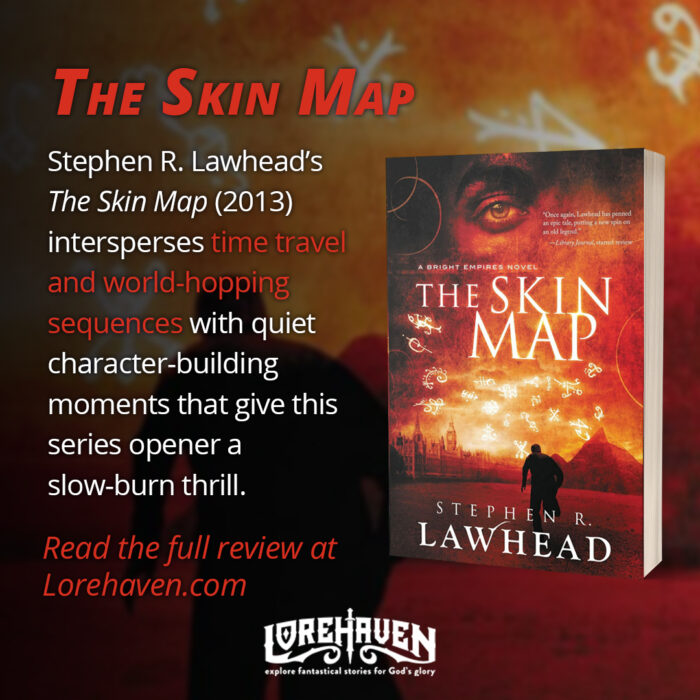
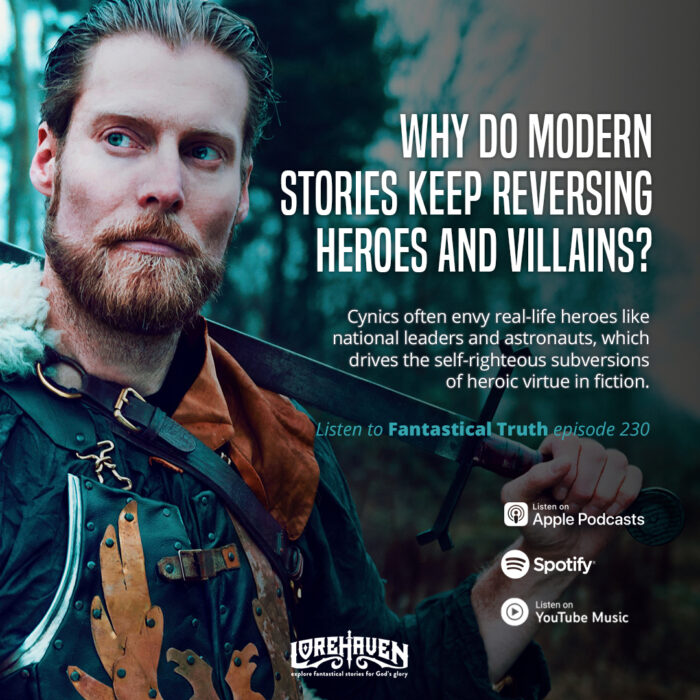
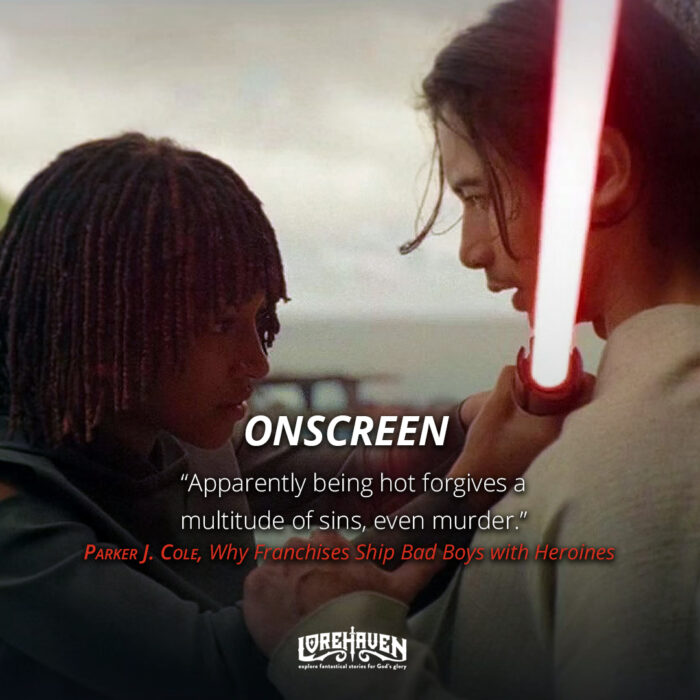
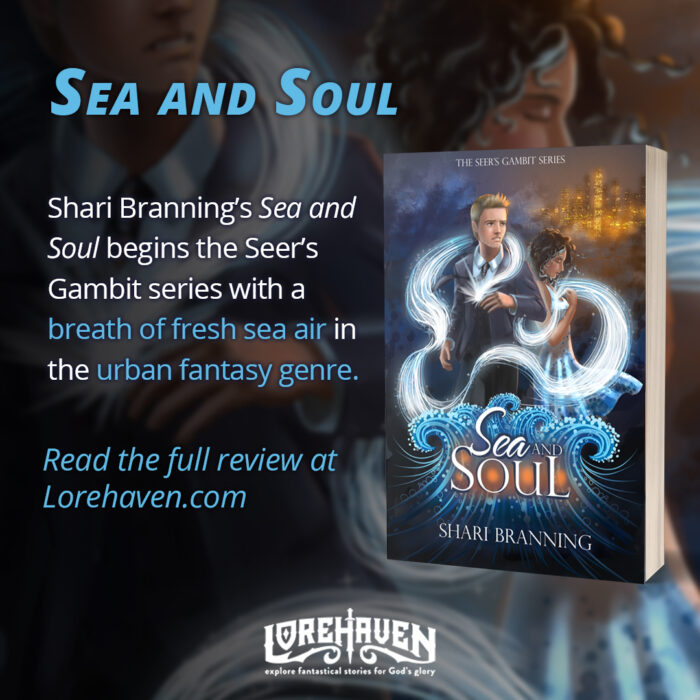







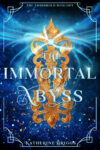






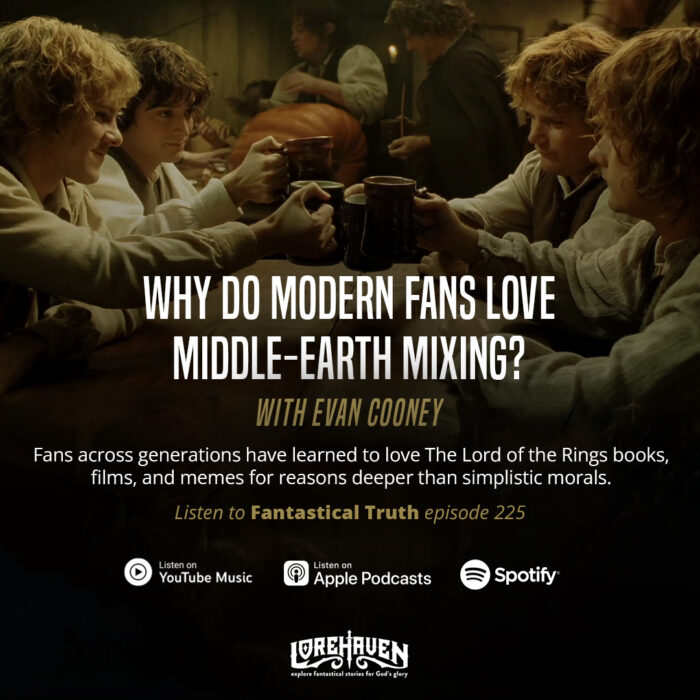
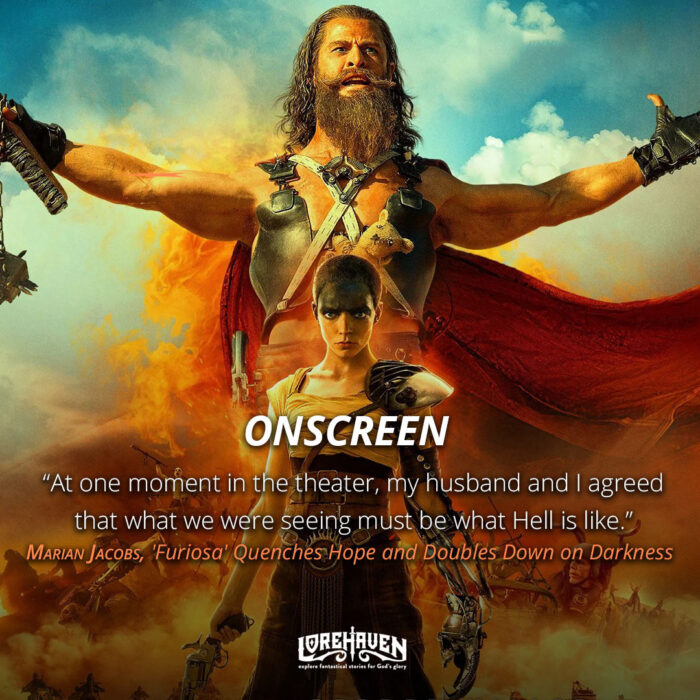
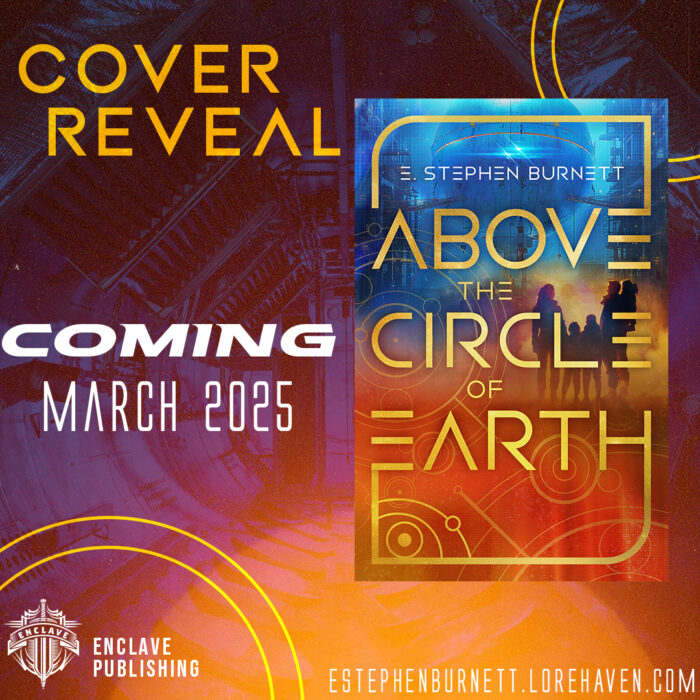
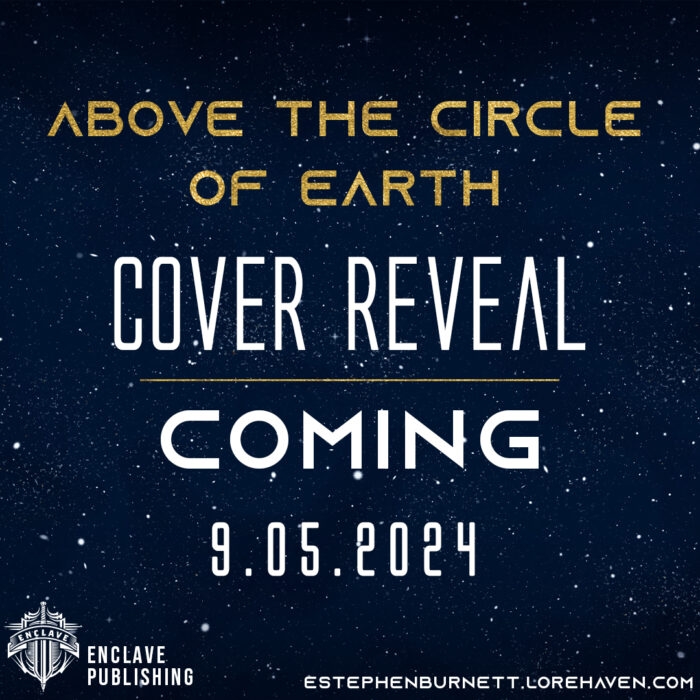

















“because emotion trumps thought.”
Exactly.
Fantastic discussion.
While it shocked me, I appreciate the way Zod’s death was handled in Man of Steel because
1) You see the agony on Supermans’s face as he screams afterwards. He REALLY did’t want to do that, and it will clearly haunt him for a long time. It causes him great pain.
2) I have been suspecting (and you’ve just confirmed this) that the act will lead Superman to make a decision from this point forward that he can never take a life.
It is also worth noting that Zod was a Kryptonian, who was equal in power to him. Superman didn’t kill a human. Not that the species makes any difference to the morality of it, but it makes what Superman did similar to a police officer killing in the line of duty.
As you’ve pointed out, Marvel and DC movies have very different tones. I enjoy them both, and am glad that DC is not just copying Marvel’s successful formula.
Exactly. If Superman had killed a human being, everything would’ve been different. A human being could’ve been captured, restrained, tried, convicted, and punished by duly appointed authorities. It would’ve been totally unnecessary — and thus evil — for a being as powerful as Supes to kill an ordinary human without due process. In that case, it would’ve been an act of sadism, like a grown man killing a child.
But Zod wasn’t human. The only restraint capable of holding him, as we saw clearly demonstrated, was Superman’s arm clenched around his neck. And for an outcome in which the human population of Earth survives, Supes’ decision to kill one of his own kind was the only possible course of action.
That’s why I think of the Superman/Zod battle not in terms of due process, but in terms of Just War Theory. It *was* a war. Superman modeled war for the rest of us. He killed because it was necessary. He didn’t allow his own sense of revulsion and shame to prevent him from protecting everything he held dear. And he did it all without the handwringing, self-doubting, postmodern queasiness that causes America to back off from its wars prematurely in the name of compassion or sensitivity, thereby condemning the rest of the world to the rule of thugs craven enough to just sit back and wait for their next opportunity to strike. No, Superman intuitively understood what those who fault him for fighting his enemy in the city do not: the instant you control the situation is the instant war itself becomes unnecessary. Until then, you keep punching until the other guy submits or dies. Anything less is a betrayal of everything you hope by your actions to protect.
The thing though is that anyone that could seriously challenge superman would be equivalent in power level to Zod. Parasite comes to mind, but I’m sure there are others. By framing it as a just war, you are deconstructing the idea of Supes, and you probably would wind up seeing him kill more, not less. He’d wrestle with that, but you couldn’t see him evolve to classic Supes.
Not that deconstruction is bad, or just war superheroes are. But you’d wind up with a level of moral realism that might make people uncomfortable. A really great contrast is in Batman: Gotham Knight (which is ten times better than anything Nolan or Snyder has done) where Batman tries out a new device which causes a bullet repelling forcefield. That seven minute short does more with the idea of violence and morality than man of steel did in its whole running time. Seriously, watch Gotham Knight-incredible film.
“You’d wind up with a level of moral realism that might make people uncomfortable.”
Exactly. If “classic Supes” is defined as being morally unrealistic, than I’d be ecstatic if the current cinematic Supes never metastasized into such a farce.
“Gotham Knight” sounds like something right up my alley. I might have to check it out.
I REALLY recommend it. Essentially its the Animatrix with Batman-a collection of anime shorts, but they also link together at times to make a story. It’s surprisingly good, with a more mature take on him than the animated series.